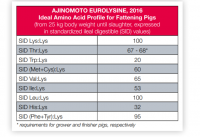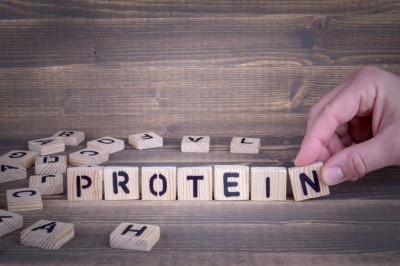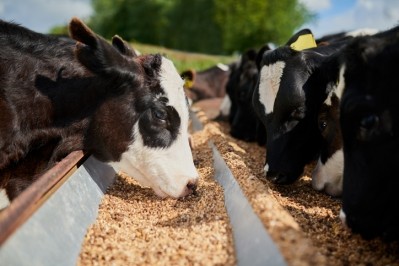Can feed grade amino acids help remedy EU protein deficiency?
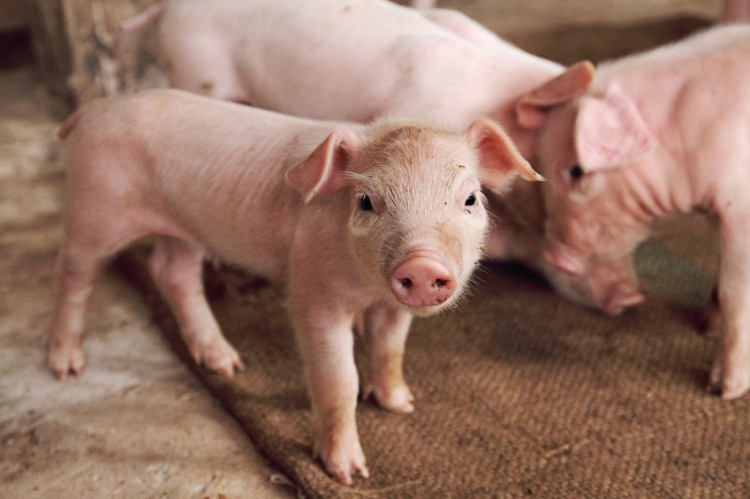
Besides contributing to protein rich feedstuffs substitution, amino acids (AAs) can also positively influence animal metabolism and reduce the nitrogen upload into the environment, said Etienne Corrent, innovation director with that company.
A one and half-day workshop for industry in Paris in September organized by the European Association of Animal Production (EAAP) and supported by Ajinomoto Eurolysine is aimed at reviewing the three pillars of sustainability - economy, society and environmental benefits - from the amino acid nutrition perspective.
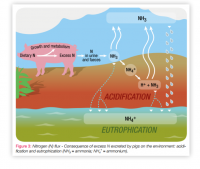
“Increased use of amino acids is the most effective way to reduce soybean meal levels in feed. It is so obvious and, yet, not common practice; we are hoping to create greater awareness about this approach through the amino acid academy,” Corrent told us.
The successful implementation of reduced crude protein (CP) diets lies on a deep knowledge of AA requirements, he said.
Increasing knowledge about the nutritional value of feedstuffs and the factors informing variability in their digestibility is also needed to ensure optimal use of AAs in pig and poultry diets, he added.
The academy will involve lectures by well-known researchers in the field, with Q&A sessions built in, he explained.
The experts will evaluate protein reduction strategies in both swine and broilers. The swine sector is somewhat ahead of the poultry industry in terms of knowing how to achieve diets containing lower levels of crude protein, said Corrent.
Paul Bikker from Wageningen UR is set to speak at the workshop – he will evaluate the protein value of feed ingredients and the influence of processing on those components, while researchers from the French agriculture research agency, INRA, will examine the use of feed grade AAs in reducing the impact of monogastric production on the environment.
Another session will address how such additives help with antibiotic reduction efforts, evaluating how they can support the animal’s immune status and gut health. Speakers will also weigh up the impact of amino acid balance on feed, and thus, nutrients, intake, explained the innovation director.
Evidence of CP dietary reduction in pigs
According to the life cycle assessment (LCA) study by Garcia-Launay et al. (2014), which included the input of an Ajinomoto researcher, the incorporation of feed-grade AA in low CP diets reduces the impact of pig production on acidification and eutrophication up to 29 and 19% respectively, as well as on other environmental criteria.
Another, more recently published LCA study by Kebreab et al. (2016) indicated that using feed grade AAs allowed a reduction in the inclusion of imported SBM in European pig formulas. They showed the usage of locally produced feedstuffs and feed-grade AA could lead to a reduction of global warming potential (GWP) by about 50% due to a lower usage of imported SBM.
Nørgaard et al., 2014 carried out a trial involving 256 gilts from 55 to 100 kg, where the dietary CP content was reduced from 15.9% to 13.6% by using feed-grade AA to maintain the correct balance between AA and to maintain growth performance and carcass quality. “The study indicated that CP could be decreased to 136 g/kg as-fed for growing pigs in the weight range 50–100 kg without negative impact on growth performance and carcass traits.”
